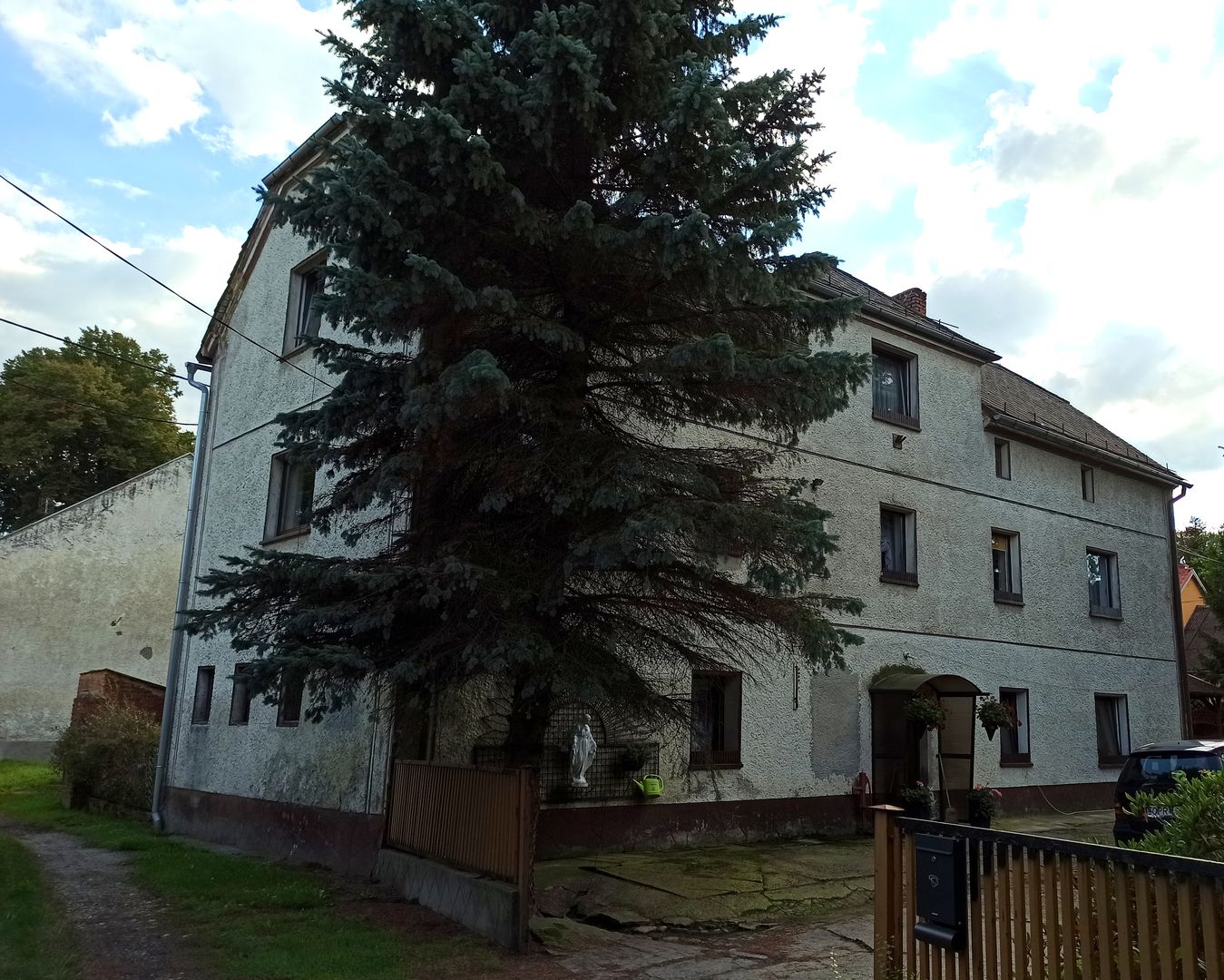Glider Village
6.84

Overview
Szybowice, formerly known as Schnellewalde, is a village in the Opole Voivodeship, located in Upper Silesia, within the administrative district of Prudnik. The village boasts a rich history, with its origins dating back to the Iron Age, and the first written mention of Szybowice comes from 1305. During the Middle Ages, the village was settled by colonists from Saxony and Thuringia, and its development was halted by Hussite invasions. In the 16th century, Szybowice was a strong center of Protestantism, and the local evangelical church, built in 1804, fell into ruin and was demolished in 1979. Architecturally, the Catholic Church of St. Michael the Archangel from the 16th century and the Elizabethan Sisters' convent house from 1890 are noteworthy. The village suffered significant destruction during World War II when it housed prisoner-of-war camps. After the war, Szybowice was resettled by Polish repatriates from the Eastern Borderlands. The local community is culturally active, with a Village Community Center, a library, and a football team, LZS "GROM." Szybowice is known for cycling tourism, being part of routes established by the Polish Tourist and Sightseeing Society (PTTK). Residents have access to a health clinic, and for safety, there is a Volunteer Fire Department and local uniformed services. Many notable individuals were born in Szybowice, including Heinrich Kotzolt, a musician, and Ludwik Rutyna, a Catholic priest and Eastern Borderlands activist. According to the 2011 census, the village has 1,041 inhabitants and benefits from convenient transport connections, including rail and bus services, which support its tourism development.
Location
City
Prudnik Deanery
Tertiary Administrative Division
Prudnik
County
Prudnik County
State
Opolskie Voivodeship
Country
2026 Wizytor | All Rights Reserved